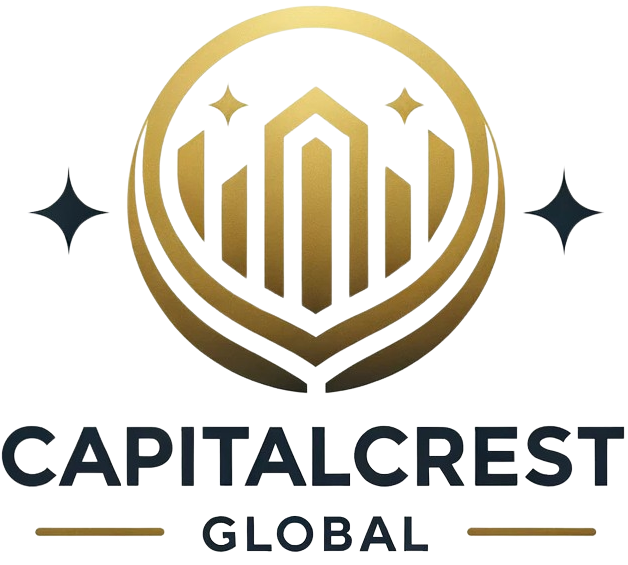
Social Housing
Unlocking Value, Building Communities
The future of investing, where your capital not only grows but also contributes to communities.
What is Social Housing Investment?
Social housing investments are government backed low-risk investments that involves the allocation of funds into residential projects aimed at providing affordable, decent housing to low- and moderate-income families, individuals, or communities. This form of investment seeks to balance financial returns with social impact, creating a sustainable model for addressing housing shortages and improving living conditions.
The Benefits
Guaranteed Rent: Investors benefit from guaranteed rental payments, ensuring a consistent and predictable income, regardless of occupancy status.
No Void Periods: One of the key advantages is the elimination of void periods, with contracts often ensuring that rent is paid even when properties are temporarily unoccupied.
Fully Maintained: Properties are maintained at no additional cost to the investor, ensuring that the housing remains in good condition and up to required standards without affecting your returns. Any damages to the property are paid by the housing association.
Fully Managed: Investment properties are fully managed, relieving investors of the day-to-day responsibilities and hassles associated with property management.
Government Backed: Many social housing projects are backed by government guarantees, providing an additional layer of security to investments.
Ethical Investment: Investing in social housing is not just financially prudent; it's an ethical choice, providing much-needed affordable housing to those in need.
Upwards-Only Rental Review: Rental agreements in social housing often include clauses for upwards-only rent reviews, ensuring that rental income can increase over time and never decrease.
No Break Clause: This ensures the contract cannot be terminated early, locking in the investment's income for the entire duration of the lease. It provides investors with heightened security and stable, predictable returns, free from the risk of early contract termination.
Diversification: Add a unique asset class to your portfolio, potentially reducing risk and improving returns over the long term.
FAQs
-
Returns are typically generated through rental income, with the potential for capital appreciation over time. Government incentives and subsidies can also enhance returns.
-
A growing demand and shortage of property in the market will remain a fixture for the foreseeable future. The local authorities are bursting at the seams with vulnerable adults being housed in hospitals, hostels and hotels, which is costing the government an inordinate amount of money whilst simultaneously failing the vulnerable adults by providing them with inadequate care.
-
Yes, individuals can invest in social housing through direct property purchases, investment funds, or other vehicles specifically designed for social housing projects.
-
Yes, you can sell the property during the lease period although the buyer purchasing the property from you will inherit the lease. For example, if you are 10 years in the lease and decide to sell, the buyer will inherit the remaining 15 years of the 25-year lease.
-
No the tenancy agreement does not allow self-use. It is unlikely that an investor would want to self-use after the lease agreement expires and walk away from such a high income whilst living in a development filled with vulnerable adults, unless they themselves had become vulnerable. Professionally speaking that would be the only exception.
-
At the end of the 25-year lease, the investor may have the option to extend and renew the lease with the same provider for 10-25 years. If the investor chooses not to renew the lease, the investor can utilise the property however they please (self-use, let it out, etc).
-
There is insurance in place by the developer and also the tenant in the form of a FRI lease (Fully Repaired and Insured lease). Flood damage for example is covered. The building structure is covered etc.
-
A full repairing insured lease (FRI Lease] is a lease in which the tenant takes on all of the costs for repairs and internal insurance for the property being leased from the landlord.
-
None.
-
Yes, a schedule of sale and in an inventory will both be registered upon sale. The property will be fully furnished by Yale to provide the necessary facilities for care. Then, after the 25-year management agreement expires, Yale are contractually required to return it to its original condition.
-
It is a fully repairing lease (FRI) which rises in line with the Consumer Price Index (CPI) plus 1%, reviewed on an annual basis. If the CPI moves in a negative direction the rent will remain the same. This is known as ‘cap and collar’. There is a 5% ‘cap’. The vulnerable adult living in the property is protected, irrespective of a change of the tenant (Yale) or a change in government policy/government or a change of landlord.
-
A comprehensive measure used for the estimation of price changes in a basket of goods and services, representative of consumption expenditure in an economy, is called Consumer Price Index. It is commonly used to measure inflation.
-
All is paid in full by the housing association.
-
Rents are contractually paid automatically by the Department of Works and Pensions to the Housing Association who are charity registered as a Community Benefit Society (CBS) with the HMRC as well as being registered and monitored by the Financial Conduct Authority (FCA). A non-payment could result in the housing association losing its status as a CBS.
Contact us.
For more information on government backed social housing investment opportunities, or if you have any questions not covered in our FAQs, fill out the following form.
